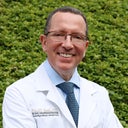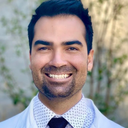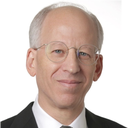Selecting the right plastic surgeon is not easy. I always recommend patients have multiple in person consultations before choosing a surgeon. Sometimes people need to have more than two consultations to find the ideal provider. The general idea is to schedule as many consultations as possible because you’re never know who is going to have, the greatest insight, skill and experience, which is difficult to tell without meeting people in person.





